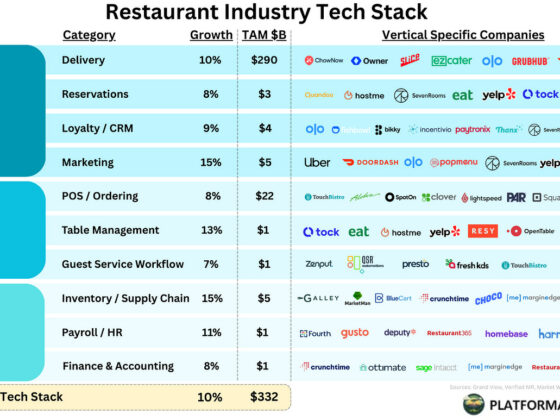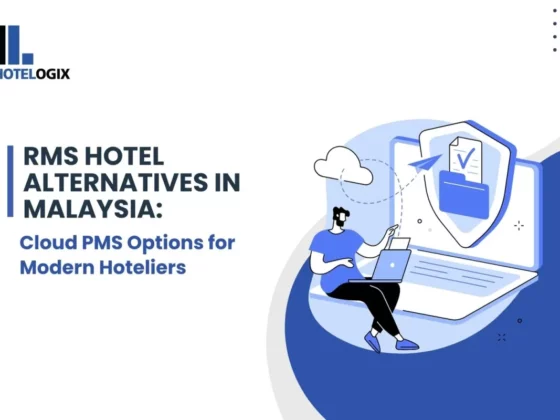A guest arrives at a hotel. They look for the fitness room they saw online. But they only find a locked door. This is not an isolated incident. It is a symptom of a deep, systemic ailment. Our industry suffers from content fragmentation. For too long, we have accepted this broken world. The information guests use is disconnected from reality. This disconnect erodes trust. Trust is the very currency of our business. This is why accurate content is the first amenity guests notice. Its presence signals reliability. Its absence signals a broken promise.
This data disconnect creates friction everywhere. It causes tension between hotels and their partners. Most importantly, it affects their guests. To move forward, the industry needs more than just another tool. A philosophical shift is required. We must change how we approach information itself. Building a future on a foundation of trust is essential.
Takeaways
Use AI for data validation, not for content creation.
View accurate content as a core operation, not a marketing tactic.
Inaccurate content is a systemic flaw from fragmented tech.
A single source of truth is the necessary solution.
Future solutions require deep collaboration, not old vendor models.
The anatomy of content fragmentation
The problem of “content chaos” is easily understood. The source of the problem is the evolution of hotel technology. No single department is at fault. It is simply a consequence of growth without a blueprint. Legacy systems were adopted for specific problems. The PMS managed rooms. The CRS managed reservations. Each system became a silo of data. They were effective on their own. But they were not designed to speak the same language.
This historical framework is our main challenge. Think about a hotel’s internal language. A room type might be coded as “DBL” in the PMS. This is meaningless jargon to a traveler. Does it mean double beds? This ambiguity is a point of friction. It begins at the start of the booking journey. Now, multiply that single data point. It spreads across dozens of OTAs and distributors. Each platform interprets and displays it differently. The potential for error grows with each new channel.
The result is a costly cycle of miscommunication. I often discuss this with industry colleagues. A simple change on-property can get lost. The fitness center moves to a new floor. But this update fails to propagate online. This failure then triggers a guest complaint. It leads to an OTA refund. This creates a difficult conversation for the hotel. The financial cost is obvious. The true cost, however, is the erosion of brand integrity.
The shift to a single source of truth
Solving this problem requires a new way of thinking. The industry must move toward a single source of truth (SSoT). This is not a new concept in technology. But its application in hospitality has been slow. A SSoT framework is simple. A single, authoritative record should exist for all data. All systems would then draw from this master record.
An effective infrastructure has certain characteristics. First, it needs to be proactive, not reactive. It should constantly monitor the ecosystem for changes. Second, it must be a validator. It must check any change against the master record. Finally, it must be an agnostic distributor. It pushes validated information out to all channels.
This conceptual layer is the logical next step. It is not about replacing existing systems. Hotels should not have to overhaul their PMS or CRS. Instead, this new layer sits in the middle. It works between core systems and the distribution network. It must solve the ‘last-mile delivery’ problem. This means ensuring content consistency. Legacy systems were never designed for this challenge.
From vendor mandates to collaborative innovation
The history of hotel technology is transactional. A vendor builds a product. The hotelier buys it. This model is no longer sufficient for today’s problems. Content fragmentation impacts multiple departments, affecting operations, marketing, revenue, and IT. A solution built in a vacuum is doomed to fail.
The path forward, therefore, must be one of co-creation. The most insightful solutions emerge from partnership. Technology experts must work with daily users. This direct partnership is key. I have seen this firsthand in workshops where we brought hoteliers and OTA representatives together. Our goal was to map the whole problem, identifying the interconnectedness of every issue.
The feedback from these sessions was unanimous. A partial solution is not a solution at all. This highlights a crucial point for our industry. We must stop building solutions for hoteliers. We must start solving problems with them. This collaborative model is the only way forward, ensuring our technology is both practical and comprehensive.
AI as an enabler, not a panacea
AI is part of every technology discussion today, and it is often presented as a panacea for all problems. However, we must adopt a more pragmatic view. This is especially true for hotel content. The idea that AI can fix incorrect data is a misconception. AI models learn from the data they are fed, they have no independent knowledge of the truth.
Using AI to solve data inconsistency creates a loop of frustration. An AI trained on chaos will only produce more chaos. It cannot create a single source of truth, it can only reflect its flawed inputs.
The true value of AI lies in its ability to validate and detect. An AI-powered system can be an effective watchdog. It can monitor thousands of channels for discrepancies. It can intelligently flag a change for validation. This leverages AI’s strengths in pattern recognition, but it does not entrust AI with foundational data. The guiding principle is simple. Establish the correct data first. Only then can other technologies be safely applied.
Final words
A hotel’s digital presence is a core operational matter. It is no longer just a marketing concern. A guest’s trust begins long before they arrive. It starts with the digital promise made online. Our industry’s fragmented tech has broken that promise. This has happened for too long.
We must elevate our thinking to move forward. We must see content as a dynamic part of our operations. Hotels need to adopt a more centralised, truthful, and reliable philosophy. This is the most important investment for guest relationships. This is more than a technological upgrade. It is a fundamental commitment to transparency. Ultimately, it is the new foundation of trust in our digital age.













